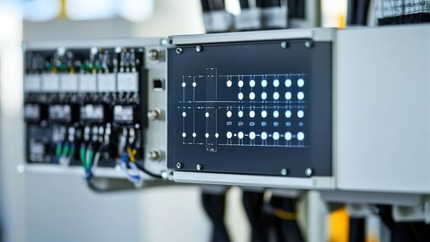Seed Translational Research Projects (STRPs) are faculty-led initiatives that turn research into real-world impact.
These projects receive targeted funding, mentorship, and institutional support to help bridge the gap between research and application.
The RTA team currently supports eight STRPs and has guided dozens more to empower researchers to move their ideas toward societal and commercial use.
Each project represents a unique approach to translating discovery into impact - from environmental innovation to public health solutions. Click to learn more about each STRP.








